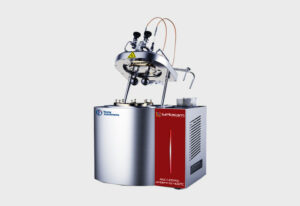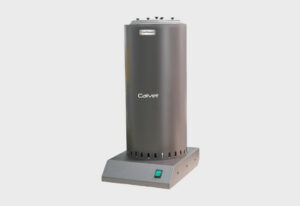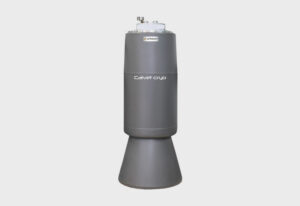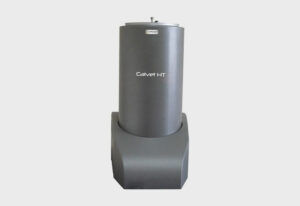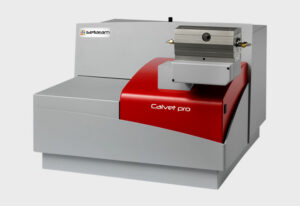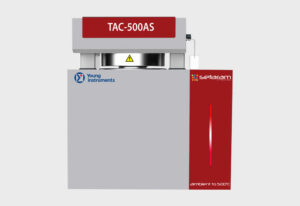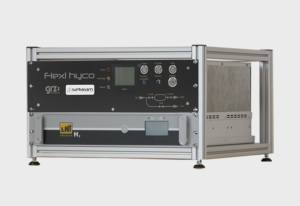Calorimetry for chemical process risk assessment
Setaram calorimetry is essential for chemical process safety, measuring temperature, heat, pressure and reaction or decomposition kinetics, both under normal and runaway conditions. It helps determine the heat capacity of substances, ensuring accurate assessment of thermal risks and better process control.

Get crucial data to mitigate thermal risks
The process safety laboratory is essential for any chemical manufacturing site. Regardless of the quantities synthesized, every process step and every reagent or product must be assessed with regard to its thermal stability in order to minimize risks. Our solutions, in particular Calvet calorimeters, have become standard in these laboratories.
-
Quick Screening
At an early stage, you can gain a fast indication of thermal instability through testing small samples with a DSC. It measures the temperature and heat of decomposition.
-
Thermal Stability
You can test more in-depth any suspect materials from the screening stage. Due to the central role of gas releasing reactions in plant process hazards, samples of about 5-10g are heated in cells equipped with a pressure sensor.
-
Adiabatic Tests
With an adiabatic reaction calorimeter (A.R.C.), you can test samples at minor to no heat loss conditions. Adiabatic conditions are a worst case scenario, but they are quite realistic for large plant vessels that lose heat slowly.
-
Modelling
Thermokinetics and thermal safety software serve as a complement to all process safety studies. Scenarios can be modelled to reduce the number of actual experiments, speeding-up process safety testing.
-
Process Understanding
After initial screening and/or thermal stability testing it’s necessary to understand the desired chemical reaction. You can use Reaction Calorimetry to determine how much heat is given out under normal operating conditions. The focus here is on heats of reaction, heat flows and gas evolution.
Associated products



